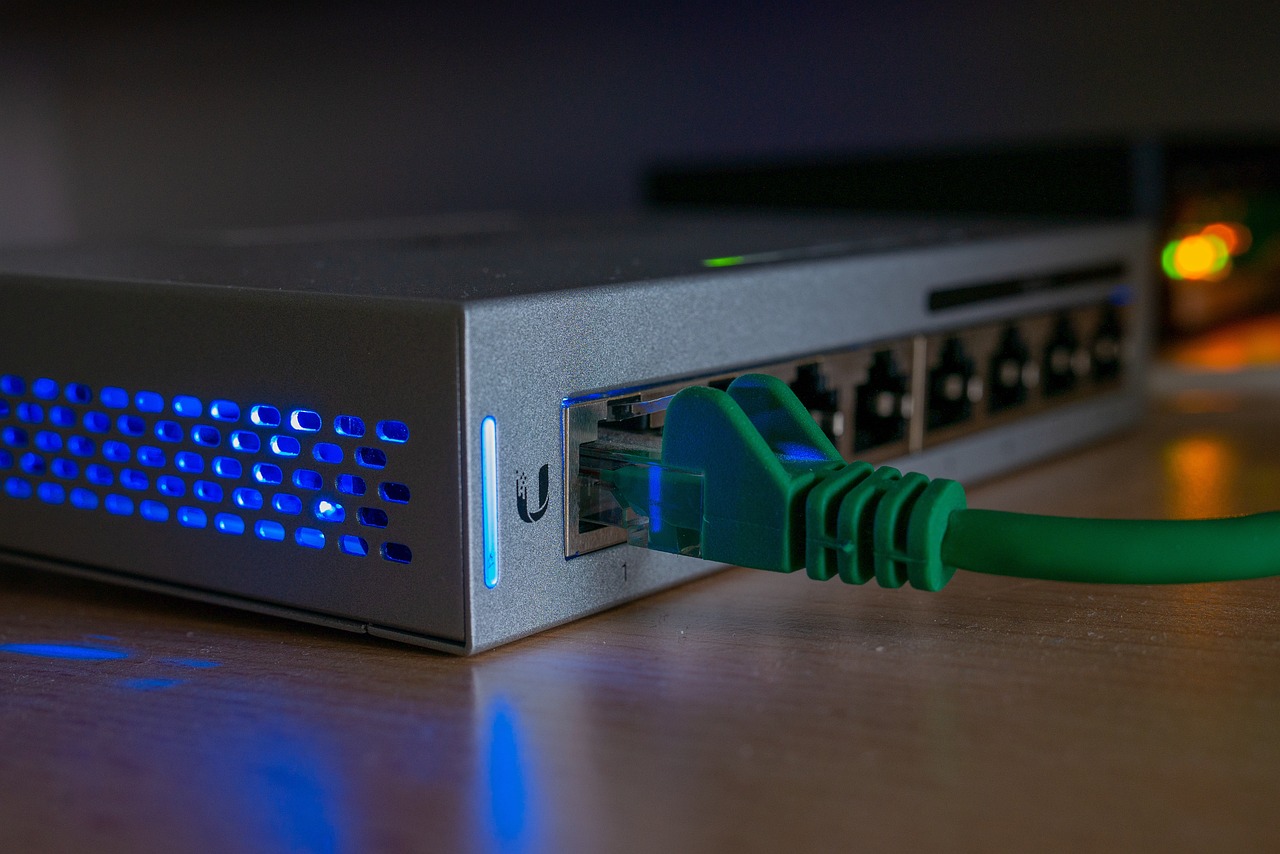Tech for Smart Cities: Innovations in Urban Planning
Technology has a significant impact on urban planning in smart cities. Innovations in technology are transforming the way cities are designed, built, and managed. From smart infrastructure to data analytics, tech-enabled solutions are reshaping urban environments to be more efficient, sustainable, and livable.
The Rise of Smart Cities
Smart cities are urban areas that use technology to improve the quality of life for residents, enhance sustainability, and optimize urban services. These cities leverage data, sensors, and connectivity to enhance decision-making, streamline operations, and deliver better public services.
Key Technologies Shaping Urban Planning
Several key technologies are driving innovation in urban planning:
Internet of Things (IoT)
The Internet of Things (IoT) refers to the network of interconnected devices, sensors, and systems that collect and exchange data. In smart cities, IoT technology is used to monitor and manage infrastructure, optimize traffic flow, and enhance public safety.
Big Data and Analytics
Big data analytics help cities analyze vast amounts of data to gain insights into urban trends, patterns, and challenges. By leveraging data analytics, city planners can make informed decisions, improve service delivery, and enhance urban resilience.
Artificial Intelligence (AI)
AI technology enables cities to automate processes, predict outcomes, and optimize resources. AI-powered solutions such as predictive analytics and machine learning are being used to improve public transportation, energy efficiency, and waste management in smart cities.
Sustainable Energy Solutions
Sustainable energy solutions, such as solar panels, wind turbines, and energy-efficient buildings, are key components of smart cities. These technologies help reduce carbon emissions, lower energy costs, and promote environmental sustainability.
Smart Mobility
Smart mobility solutions, including electric vehicles, ride-sharing services, and connected transportation systems, are transforming urban transportation. These technologies are improving traffic flow, reducing congestion, and enhancing the overall mobility experience for residents.
Enhancing Citizen Engagement
Technology is also enhancing citizen engagement in urban planning processes. Digital platforms, mobile apps, and social media are enabling residents to provide feedback, participate in decision-making, and shape the future of their communities.
Urban Planning Challenges and Opportunities
While technology offers great promise for smart cities, there are challenges that must be addressed. Issues such as data privacy, cybersecurity, digital equity, and regulatory frameworks need to be carefully considered to ensure the responsible and equitable use of technology in urban planning.
Case Studies of Tech-Enabled Urban Planning
Several cities around the world are leading the way in leveraging technology for smart urban planning:
Barcelona, Spain
Barcelona has implemented a smart city strategy focused on sustainability, innovation, and citizen empowerment. The city has deployed IoT sensors, smart meters, and digital platforms to enhance public services, reduce energy consumption, and improve urban mobility.
Singapore
Singapore is a global leader in smart city development, with initiatives such as the Smart Nation program and the Urban Redevelopment Authority’s Smart Planning Lab. The city-state uses data analytics, AI, and IoT technology to plan and design sustainable urban environments for its residents.
Stockholm, Sweden
Stockholm is known for its innovative approach to smart city planning, with a focus on environmental sustainability and quality of life. The city has implemented smart traffic management systems, green building standards, and digital platforms to create a more resilient and livable urban environment.
FAQs
Here are some frequently asked questions about tech innovations in urban planning:
What are smart cities?
Smart cities are urban areas that use technology to improve the quality of life for residents, enhance sustainability, and optimize urban services. These cities leverage data, sensors, and connectivity to enhance decision-making, streamline operations, and deliver better public services.
How is technology reshaping urban planning?
Technology is transforming urban planning by enabling cities to collect and analyze data, automate processes, and optimize resources. Innovations such as IoT, big data analytics, AI, and sustainable energy solutions are reshaping urban environments to be more efficient, sustainable, and livable.
What are some examples of tech-enabled urban planning initiatives?
Barcelona, Singapore, and Stockholm are just a few examples of cities that are leading the way in leveraging technology for smart urban planning. These cities have implemented IoT sensors, data analytics, AI technology, and sustainable energy solutions to create more resilient, sustainable, and livable urban environments.
Overall, technology has the potential to revolutionize urban planning and create smarter, more sustainable cities for future generations. By embracing innovation, collaboration, and citizen engagement, cities can harness the power of technology to build more efficient, resilient, and livable urban environments.





